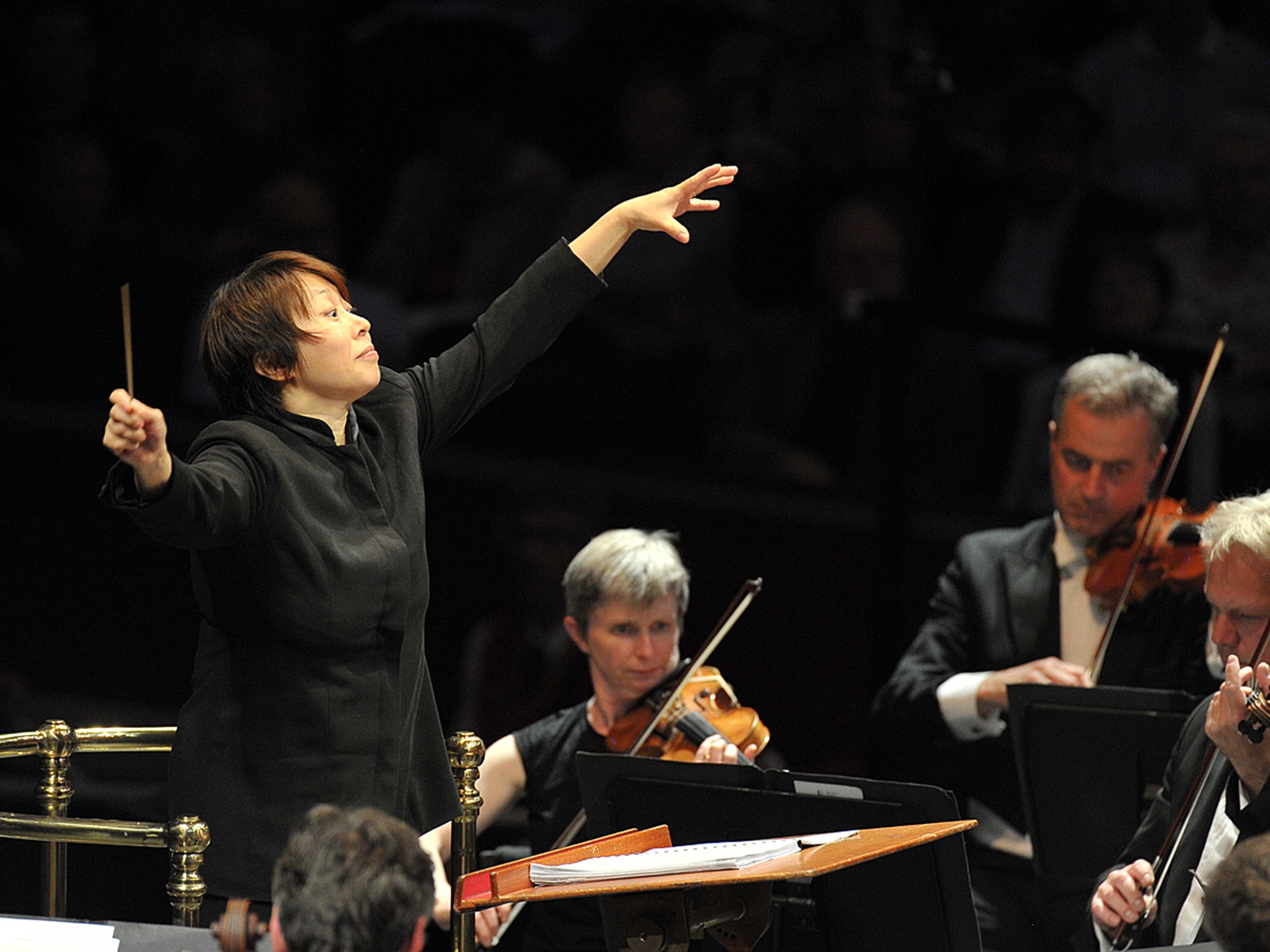Prom, 15, review: Qigang Chen's Iris devoilee shows an interesting way forward
Its forty-two minutes slipped by in a gorgeous sequence of atmospheres, often dreamlike and occasionally furiously galvanised

Your support helps us to tell the story
From reproductive rights to climate change to Big Tech, The Independent is on the ground when the story is developing. Whether it's investigating the financials of Elon Musk's pro-Trump PAC or producing our latest documentary, 'The A Word', which shines a light on the American women fighting for reproductive rights, we know how important it is to parse out the facts from the messaging.
At such a critical moment in US history, we need reporters on the ground. Your donation allows us to keep sending journalists to speak to both sides of the story.
The Independent is trusted by Americans across the entire political spectrum. And unlike many other quality news outlets, we choose not to lock Americans out of our reporting and analysis with paywalls. We believe quality journalism should be available to everyone, paid for by those who can afford it.
Your support makes all the difference.Composed in 2001, Qigang Chen’s Iris devoilee has now made it to the Proms, and it still comes over with marvellous freshness. Chen’s back-story is typical of his generation: born into a cultured family in 1951, he saw his parents sent to a labour camp in the Cultural Revolution, and he himself underwent ‘re-education’; he was one of the first students admitted when the Beijing Conservatory was reopened; then he went West, studied under Messiaen, and settled in France.
And it’s Messiaen’s influence which pervades this work in a fusion with three traditional Chinese instruments plus a fourth in the form of a Peking Opera singer whose voice was the most potent and Protean instrument on stage.
Chen has devised an elaborate literary programme to ‘explain’ this work, but it needs no explanation: its forty-two minutes slipped by in a gorgeous sequence of atmospheres, often dreamlike, occasionally furiously galvanised, as the Chinese conductor Xian Zhang led the BBC National Orchestra of Wales through Chen’s delicately-constructed sonic labyrinth.
Showcasing the bewitching sounds of the pipa lute, the erhu fiddle, the zheng zither, and the wonderful Meng Meng in Peking opera mode, it makes a powerful case for further fusions of this kind. And by the way, the audience loved it.
Join our commenting forum
Join thought-provoking conversations, follow other Independent readers and see their replies
Comments